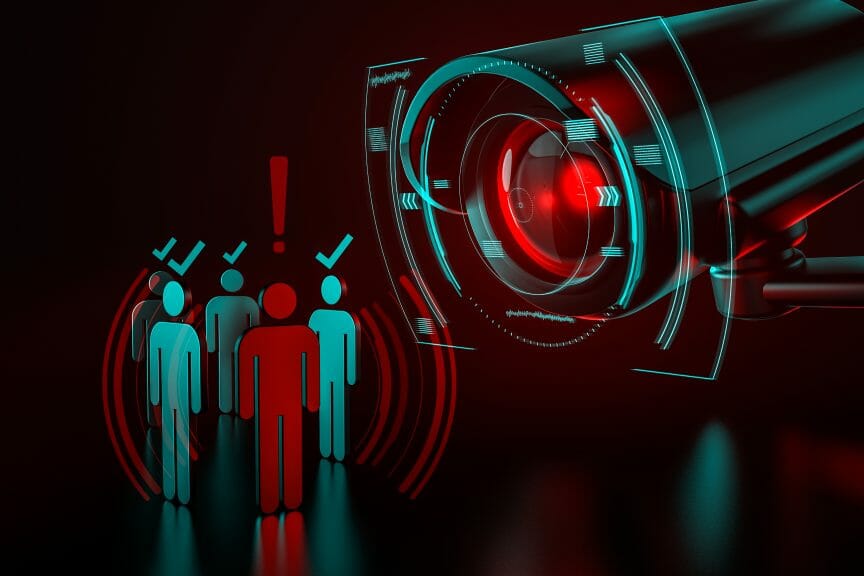With the continued societal discussion of artificial intelligence as well as the emergence and popularity of ChatGPT, we can’t help but wonder, will AI steal our jobs? Most major companies are discussing how to implement AI into their systems to stay relevant. This implementation could happen within the next few years, but will it replace these companies’ employees?
What Exactly is OpenAI?
Before we stress about the effects of this AI technology, we need to understand OpenAI in general. OpenAI is the name of a company founded in 2014. And interestingly, one of its founders is Elon Musk. This company develops tools that utilize artificial intelligence in ways that are accessible to everyone.
The tools developed by OpenAI include ChatGPT, Dall-E, OpenAI Codex, and Whisper. Each of these tools has a different purpose. ChatGPT answers questions asked by the user, and it works as a virtual assistant. Dall-E is used to create AI-generated artwork based on keywords the user enters. OpenAI Codex helps the user write code, and Whisper transfers the user’s speech into text.
All of these tools are meant to be accessible to the average person. So, basically, you don’t have to be a genius to use them. For example, the quotation below is ChatGPT’s response when I asked it to “Write an opening paragraph for a nonfiction article about the danger of AI stealing human jobs.”
“Artificial Intelligence (AI) has been making remarkable advancements in recent years, revolutionizing various industries, from healthcare to finance, and transportation to manufacturing. However, with this rapid growth, the potential risks of AI have become a topic of concern for many. One of the most pressing issues is the threat of AI stealing human jobs. As AI technology continues to improve, the fear is that it will replace human labor and result in widespread unemployment. In this article, we will explore the dangers of AI taking over human jobs and discuss potential solutions to mitigate these risks.”
OpenAI/ChatGPT
I created the images below using OpenAI’s Dall-E program. The first was generated with the keywords “impressionist, elvish, fantasy, nature,” and the second with the prompt, “a photo of a cup of coffee on a desk with a cozy bookshelf.”


How are Companies Planning to Use This Technology?
Most major companies are discussing how to implement AI into their systems to stay relevant. Since OpenAI launched GPT-4, their newest language model, some companies have already announced their intentions to use it. According to Mint,
“Companies such as DuckDuckGo, Snapchat, Quizlet, Koo, Shopify, and Instacart have announced that they will be integrating OpenAI’s technology in some form or the other.”
Also, Bernard Marr writes about other major companies that already implement artificial intelligence. He explains that they hope to significantly improve their products and services using OpenAI technology. These companies include Alibaba, Google, Amazon, Apple, and Facebook. Read Marr’s article, “The 10 Best Examples of How Companies Use Artificial Intelligence In Practice,” to see the complete list of companies and explain how this AI is used.
So, What Does This Mean for Us?
Many people hear about this new technology, and they feel afraid. Artificial intelligence learns quickly and can access incredible amounts of information. Currently, it can generate creative, well-written responses to questions and prompts within seconds, which will only improve as time progresses.
This kind of power in the wrong hands should scare us to an extent. Unfortunately, true power is held by those who control information. And people will struggle to distinguish between human-created and AI-created content, unable to judge the accuracy of the information provided. Also, over time, people will get used to the convenience of this technology and become overly dependent on it.
How will AI like chatGPT steal the jobs of Graphic designers?
— Renoll Fernandes (@RenollFernandes) May 3, 2023
1/6 … AI is becoming more prevalent in many industries, including graphic design. With the introduction of AI tools like ChatGPT, there are concerns it may replace human graphic designers, resulting in job losses. pic.twitter.com/pEXJMz0G5w
These changes could and will impact human jobs. For example, large language models could eliminate the need for writers. And programs like Dall-E could eliminate the use of designers and artists in creative fields. Perhaps programs like OpenAI Codex could replace programmers. AI could perform these jobs more efficiently and at a lower cost to companies in the future, so why would they hire humans instead?
However, it is also important to realize that almost every time new technology is developed, people feel this fear and often believe it will end humanity as we know it. Although OpenAI will dramatically impact society, some of these impacts could be positive. For example, perhaps the overuse of artificial intelligence will cause a greater appreciation of human-created products and skills, increasing their value. So, what was once a necessity will now become a novelty.
“It is important that humans develop the confidence and ability to challenge the outputs of AI systems.”
Henry Kissinger, Eric Schmidt and Daniel Huttenlocher
Thus, the next generation of employees should focus on learning how to use artificial intelligence effectively. This will enable them to access skills associated with using AI and give them the ability to think critically about the information provided by this technology. If we work to understand and master the use of AI, perhaps we will have a chance to become stewards of this technology instead of giving in to its control.














